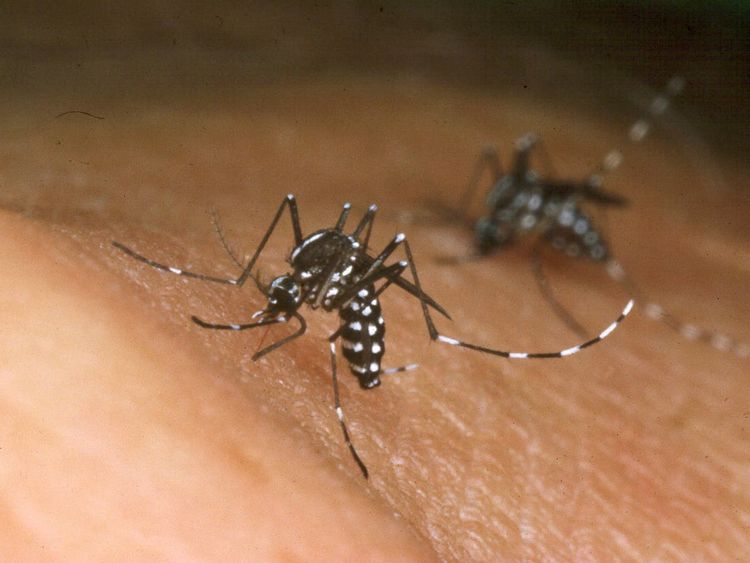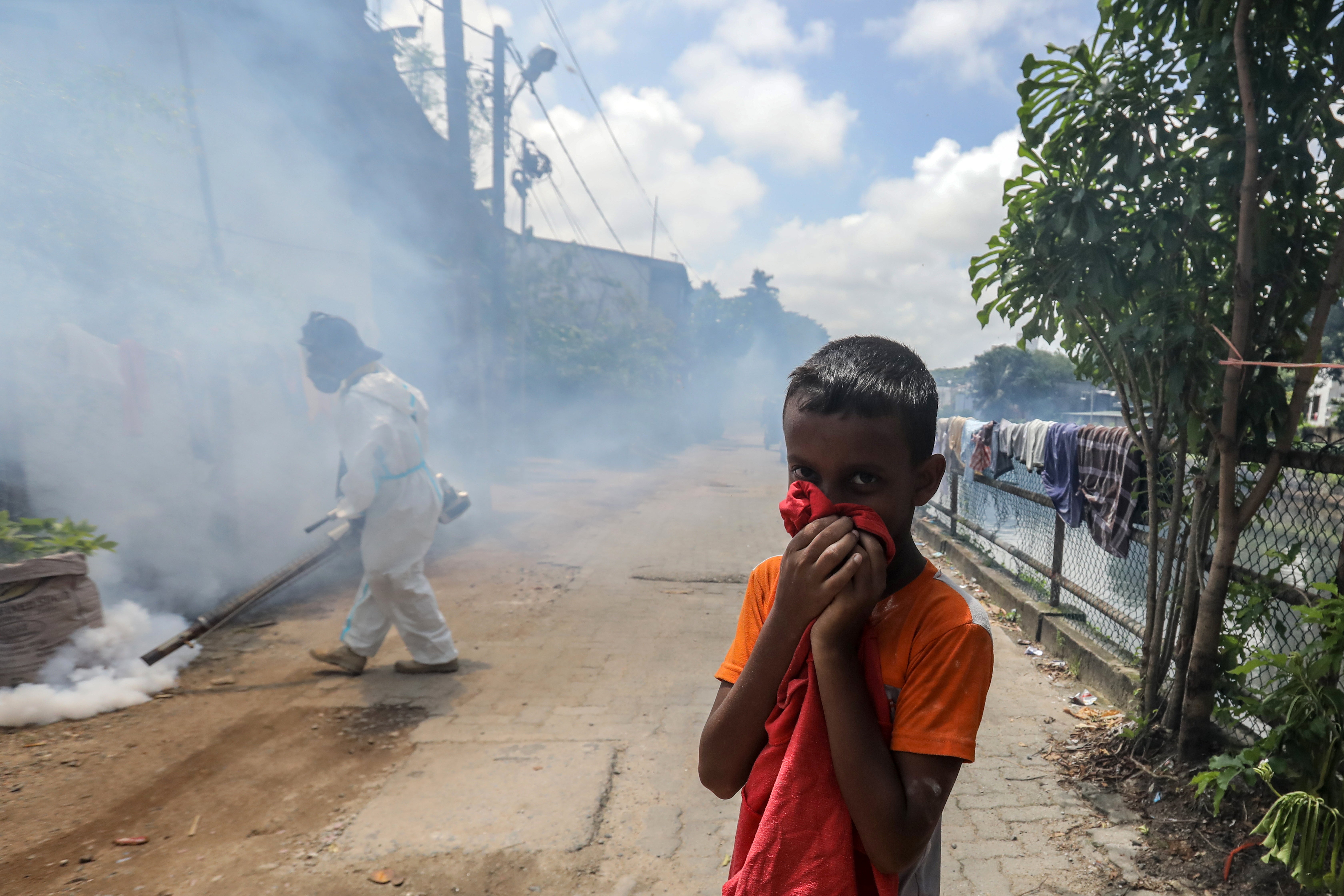Experts warn of dengue fever surge in Europe as invasive tiger mosquitoes increase

"Join Independent Climate Email For Eco-Saving Tips"
Stay Updated With Our Free Climate Email!
Due to the climate crisis, an Asian mosquito species that is not native to Europe has been spreading throughout the continent. This invasive species is suspected to be the cause of a recent outbreak of the dengue virus. Experts are concerned that there will be even more cases of dengue in Europe in the near future.

On Tuesday, the European Centre for Disease Prevention and Control (ECDC) cautioned that there has been a significant increase in Dengue cases throughout Europe, and some of these infections could potentially turn severe.
The European Union has reported that the tiger mosquito, an invasive species commonly found in tropical areas, has been discovered in 13 of its member countries. According to the agency, this has coincided with an alarming increase in dengue cases across these nations.
The ECDC has reported that the mosquito is now present in Austria, Bulgaria, Croatia, France, Germany, Greece, Hungary, Italy, Malta, Portugal, Romania, Slovenia, and Spain.
The mosquito species known as "tiger" are responsible for transmitting illnesses such as dengue fever, chikungunya, and Zika virus. These diseases cause widespread harm every year in tropical regions, resulting in millions of cases globally.
Initially, the kind could solely be spotted in tropical areas in Asia, Africa, and the Americas. Nevertheless, as a result of augmented movement and heightened temperature in Europe arising from carbon contamination via combustion of oil, coal, and gas, according to specialists, summertime is establishing a perfect environment for the amplification of these mosquitoes.
The director of the ECDC, Andrea Ammon, stated that Europe is already witnessing the effects of climate change as invasive mosquitoes are spreading to new areas. This is resulting in a higher number of people being infected with dengue and other diseases.
The likelihood of imported cases and local outbreaks will rise as more individuals travel from areas with dengue. This is caused by the increase in international travel.
Last year, the number of dengue cases that were acquired locally within the EU amounted to 130, which is twice the amount reported between 2010 and 2021, which was just 71 in total.
There was also an increase in the number of cases that were imported into the country. In 2022, there were 1,572 cases, and in 2023, there were 4,900 cases. This is the greatest amount of cases observed by the EU since they began monitoring in 2008.
Ms. Ammon predicts that the amount of individuals who contract the virus in Europe will rise within the upcoming years, even though the current amount of cases is low.
Dengue fever, also called "breakbone fever" because of the painful muscle contractions and joint ache it causes, manifests its initial symptoms around four to 10 days after getting bitten. A few of the signs are alike to those of the flu.
The virus is spread through the bites of these mosquitoes, as they transmit it from an infected individual to another individual they bite.
As per the NHS, Dengue is commonly not a grave issue and often improves without intervention. Occurrence of severe dengue is unusual, albeit it can impact some individuals.
France, the host of the Olympics in July, has already begun to sound cautionary notes this year.
Earlier, an official from the health ministry of France mentioned that the government is fully committed and taking necessary measures to tackle any potential threat of infectious diseases during the Olympic Games.
Before the 1970s, only nine countries had experienced severe outbreaks of dengue, as reported by the World Health Organisation (WHO). However, due to rising temperatures and greater connectivity through international trade and travel, the disease has now spread to nearly every corner of the world.
Ms. Ammon suggests that individuals should take steps to protect themselves, and emphasizes the importance of promptly identifying cases, carrying out surveillance, conducting more research, and raising awareness in high-risk areas of Europe.
The increase in dengue cases is not the only thing causing worry. Professionals caution that circumstances could also result in a rise in malaria occurrences in the coming times.
According to scientific information, Europe is experiencing the most rapid increase in temperature compared to other continents. This could have grave consequences due to the insufficient funding dedicated to healthcare systems required to deal with tropical diseases that were formerly uncommon, yet now appearing more frequently in Europe.
In the previous year, Dr Raman Velayudhan, who is in charge of controlling dengue at the UN health agency, expressed his concern regarding the considerable expansion of the virus worldwide in 2022. According to him, this worrisome situation has been significantly influenced by the climate crisis.
Officials in the UK have identified the tiger mosquito on numerous occasions since 2016, particularly in the southeastern region of England.
As per a 2019 research report shared in the Journal of the Royal Society Interface, it is possible for these mosquitoes to spread out to almost the entire regions of England and Wales by the 2060s.
There are worries that malaria could increase on the continent later on, if the circumstances are favorable.
The World Health Organization reports that each year, a total of 100 to 400 million individuals all over the world get infected with dengue fever. Out of this figure, about 100 million experience the disease, while 21,000 pass away due to it.
There has been a worldwide increase in dengue cases. Countries such as the USA, Italy, and France have seen a rise in cases transmitted within their population, and Spain has now experienced its first dengue cases in several years. In 2022, the American continent recorded a significant increase in cases, with 2.8 million people affected, exceeding the 1.2 million cases reported in 2021.









































